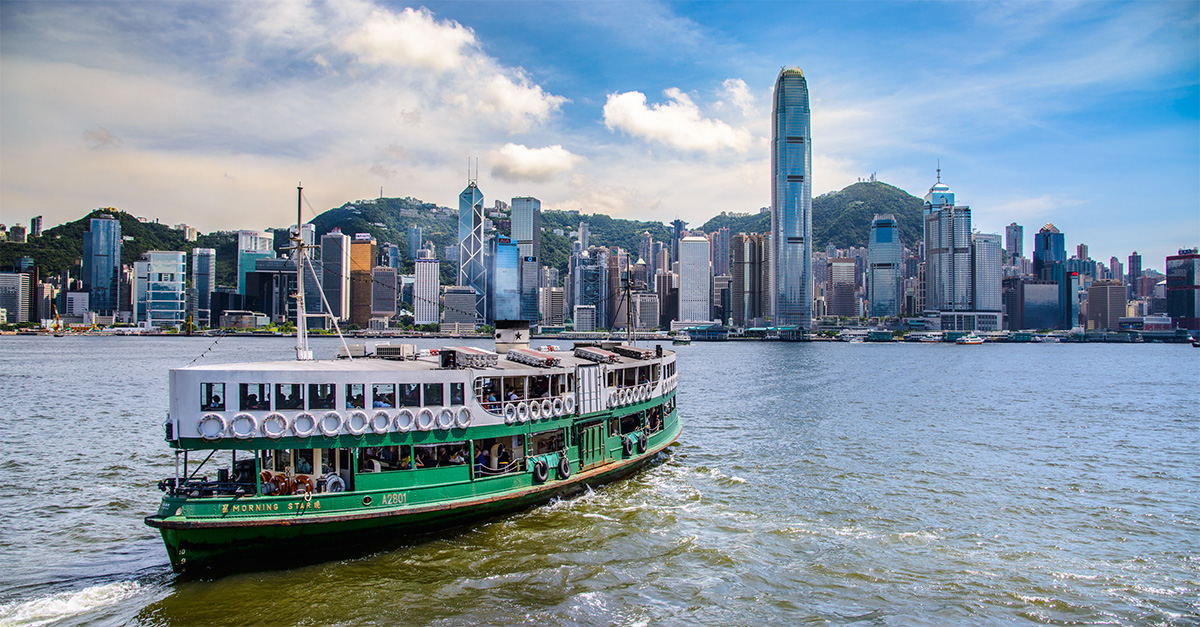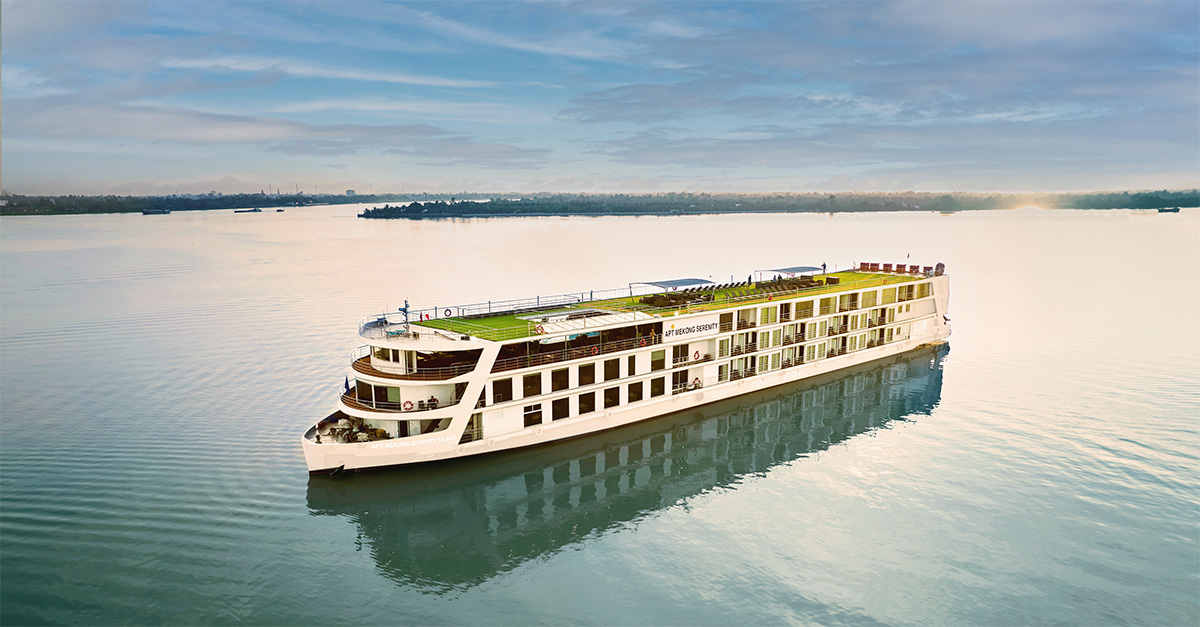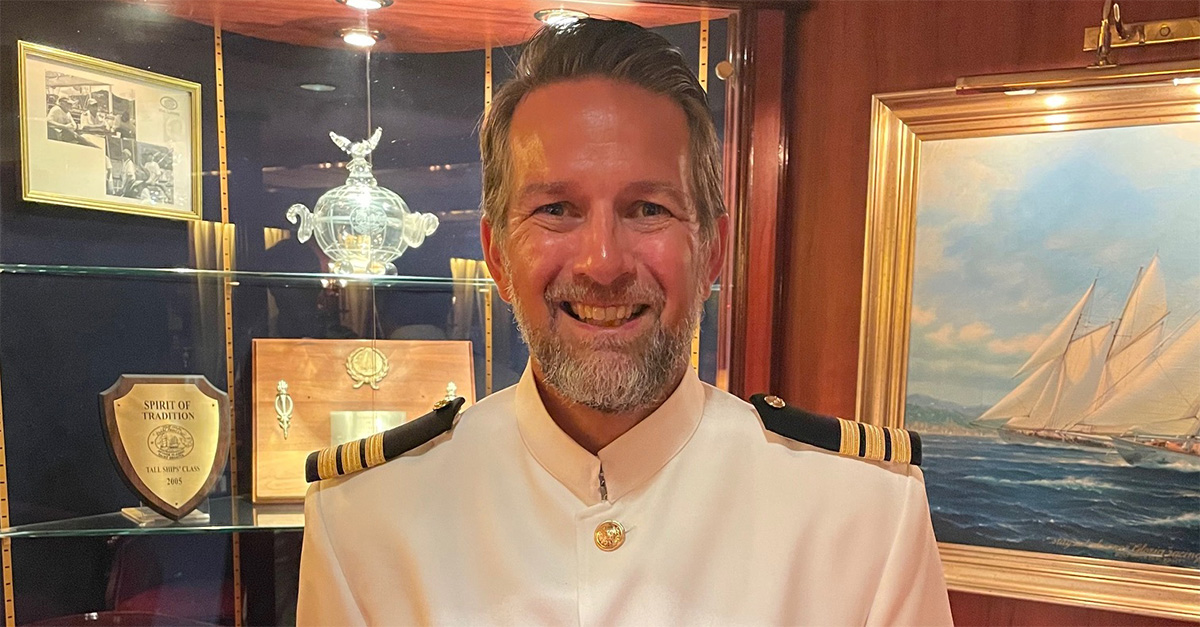Airlines are not alone in facing demands to cut carbon emissions to combat global warming – tour operators and hoteliers are too. Ian Taylor reports from ITB Berlin
Adventure tour operator Intrepid Travel is among a few pioneers deciding to include the cost of carbon offsetting in the price of many trips sold in the UK. But its
experience shows the process can be difficult.
The Australian-based operator introduced mandatory offsets in its home market last year.
Intrepid’s industry sales coordinator for Europe Nari Blackett told an ITB seminar on ‘Travel with the Climate in Mind’: “Flight sales suffered initially when prices went up, dropping about 20% in the first two months. But they were up by 36% between October and December 2007.
“Our staff were probably not comfortable selling the scheme at first and public awareness was not as great as now.”
The company undertook a carbon audit and found its tours produced 300,000 tonnes of carbon dioxide from flying in 2006. A survey found 80% of clients were happy to pay a 4% excess on holiday prices to offset emissions.
Intrepid has now begun energy audits of some the 450 tours it runs. Blackett said: “We will test individual tours this year.” She admitted: “This is costly and complicated – we have to audit travel, transfers and hotels. It is difficult to say how much we can reduce.”
She insisted Intrepid was committed to behaving responsibly and said: “We use local transport and locally owned accommodation. We encourage people to take
longer trips and suggest they link trips together rather than take a series of shorter breaks.”
The tour operator has also undertaken carbon audits of its offices – it has 10 around the world – and begun switching to alternative energy suppliers.
Questions over offset schemes
But whether other operators and airlines will show the same commitment to sustainable travel has been queried by the head of a federation of small tour operators in Germany.
Rolf Pfeifer, managing director of Forum Anders Reisen, suggested the emission-offset payments sought by a major low-cost carrier were 30% less than on the same flights operated by other carriers.
“You can fly cheaper and also pollute the climate cheaper,” said Pfeifer. “Where is the truth? Where is the transparency?”
And he claimed the estimates of CO2 emissions from flights on some major airlines’ websites were frequently lower than those of the offset-providers that provided the calculators.
Pfeifer also criticised major tour operators for increasing long-haul capacity, which produces far greater greenhouse gas emissions. “Look at the investment in long-distance travel,” he said. “The TUI Travel brochure [in Germany] included a 20% increase in long-haul destinations last year.”
He also questioned whether there was substance to the environmental claims of many companies.
Global warming debate
The industry should not be taken in by a vocal minority that claims global warming is no threat or non-existent.
Dr Manfred Stock, head of research at the Potsdam Climate Change Institute, dismissed suggestions that there is significant disagreement among scientists
about global warming and its causes.
“Those who say there is nothing behind the evidence for global warming have not understood the scientific results,” he told delegates at an ITB Berlin hospitality day.
“The differences between me and some of my colleagues are about how we present the facts. Personally, I question whether we have been too slow in informing the public about [the dangers of] global warming.”
Stock said: “What we do now can have a direct effect on slowing down global warming. We can turn the wheel around.”
He was optimistic this would happen. “There will be a great impact on travel – for one thing on pricing – and increasing awareness of people’s carbon footprint,” said Stock.
“But it will not stop travel. The pressure will lead to solutions – to flights with reduced emissions and greener hotels.”




